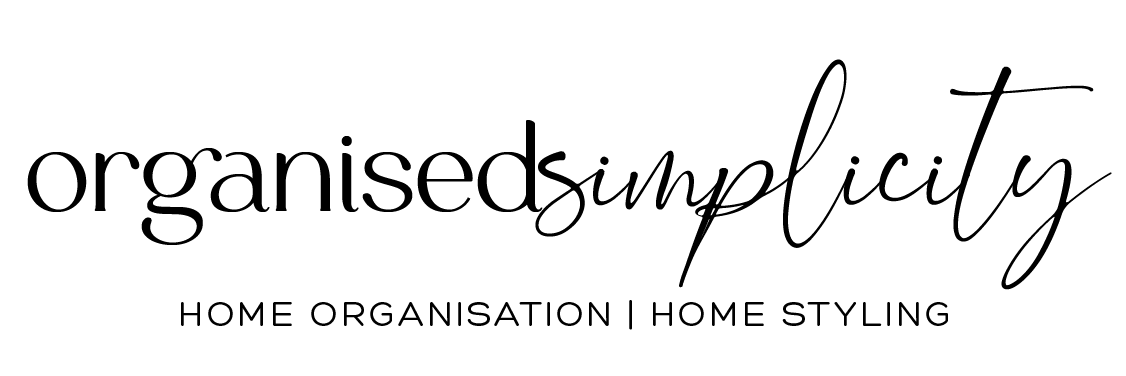Clutter and mental health
This blog post was taken from verywellmind.com and has been altered slightly.
What is clutter?
Clutter is anything that:
Does not have a place to land or live
No longer serves a purpose to you
Is broken or is in need of repair
Is messy
Is disorganised or chaotic
Has become challenging to manage
Impact of Clutter on Mental Health
All of this physical, mental and emotional clutter can contribute to the inability to think clearly, which can contribute to stress and low energy.
Clutter can make it difficult to get things done, to find what you need, and to live in an orderly and efficient manner. When we spend time everyday looking for our keys or trying to find that one pair of pants, we can become frantic and stressed, allowing this negative daily energy to build up over time.
Spending time sifting through physical clutter to find something can take up a large amount of time, potentially taking time away from other important tasks and self-care routines.
Excessive Clutter
When physical clutter becomes excessive, it can threaten to mentally and physically entrap an individual in dysfunctional home environments, which contribute to personal distress and feelings of displacement and loneliness.
Your home should be your sanctuary, a safe place where you can take time to unwind, but when your home is filled with physical clutter, it can lead you to feel that your home is your enemy rather than your sanctuary, which can overall negatively affect your well-being.
Clutter Can Impact Your Social Life
When we have a house filled with clutter, we may be embarrassed to invite guests over which can drastically impact our social life, creating feelings of loneliness and inadequacy.
If you find yourself having trouble throwing things away or feeling overwhelmed with the amount of stuff you have in your home, you most likely have too much physical clutter in your life.
